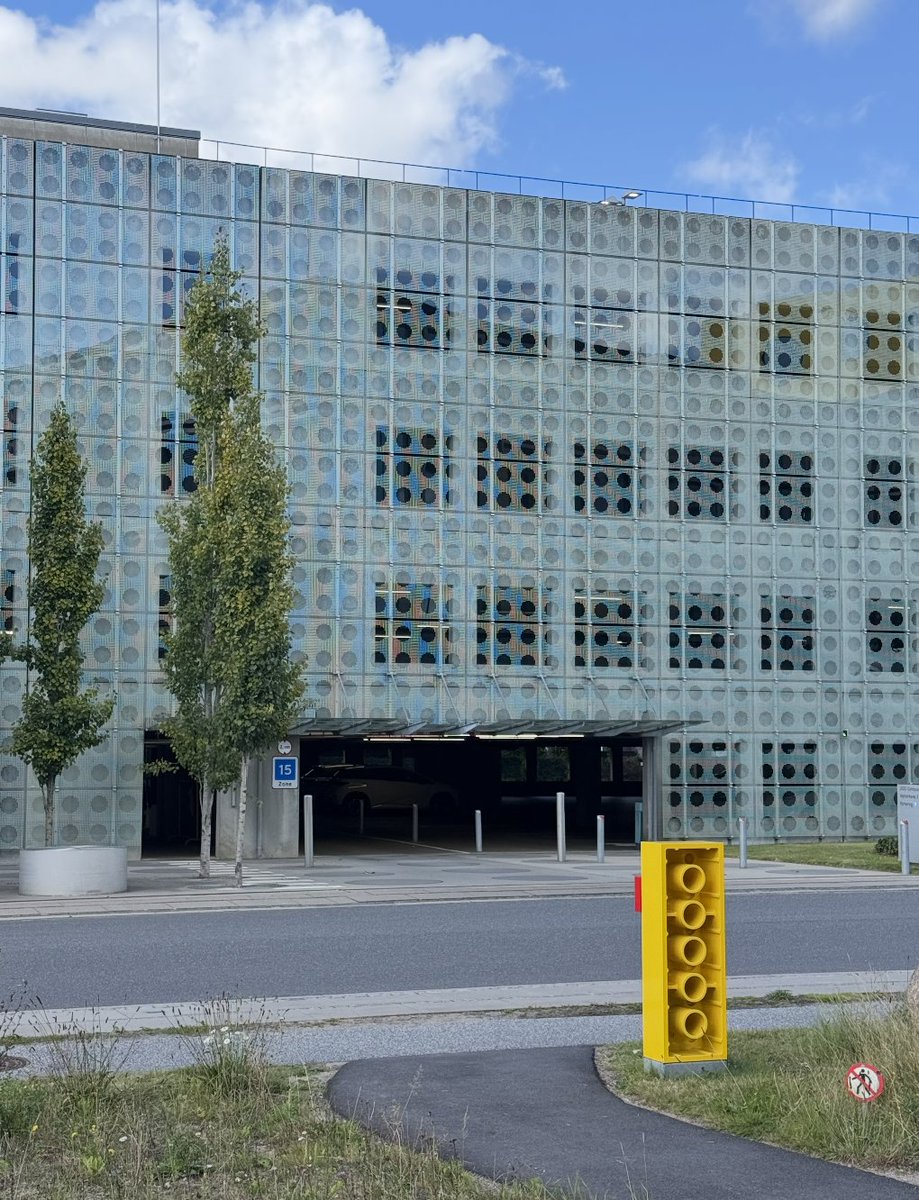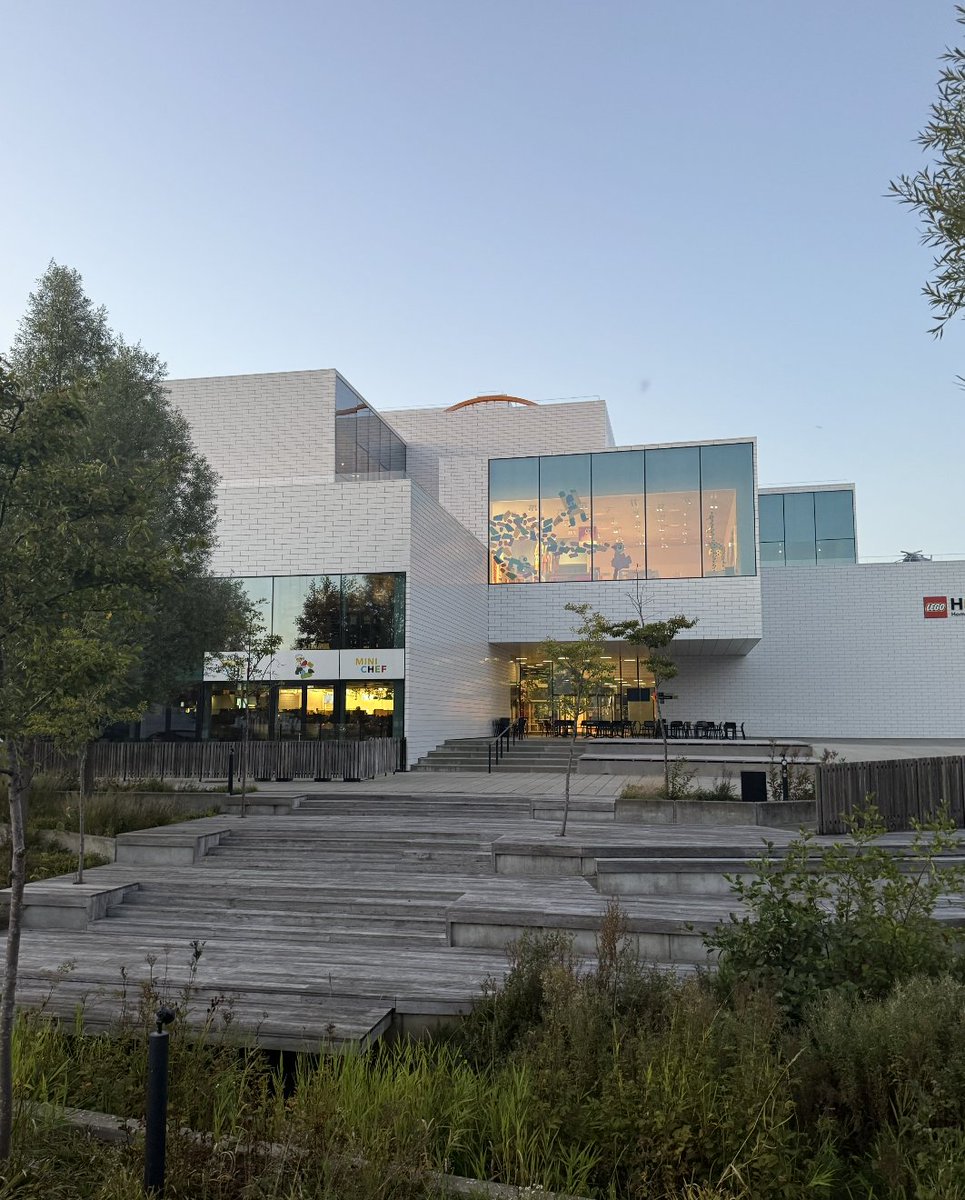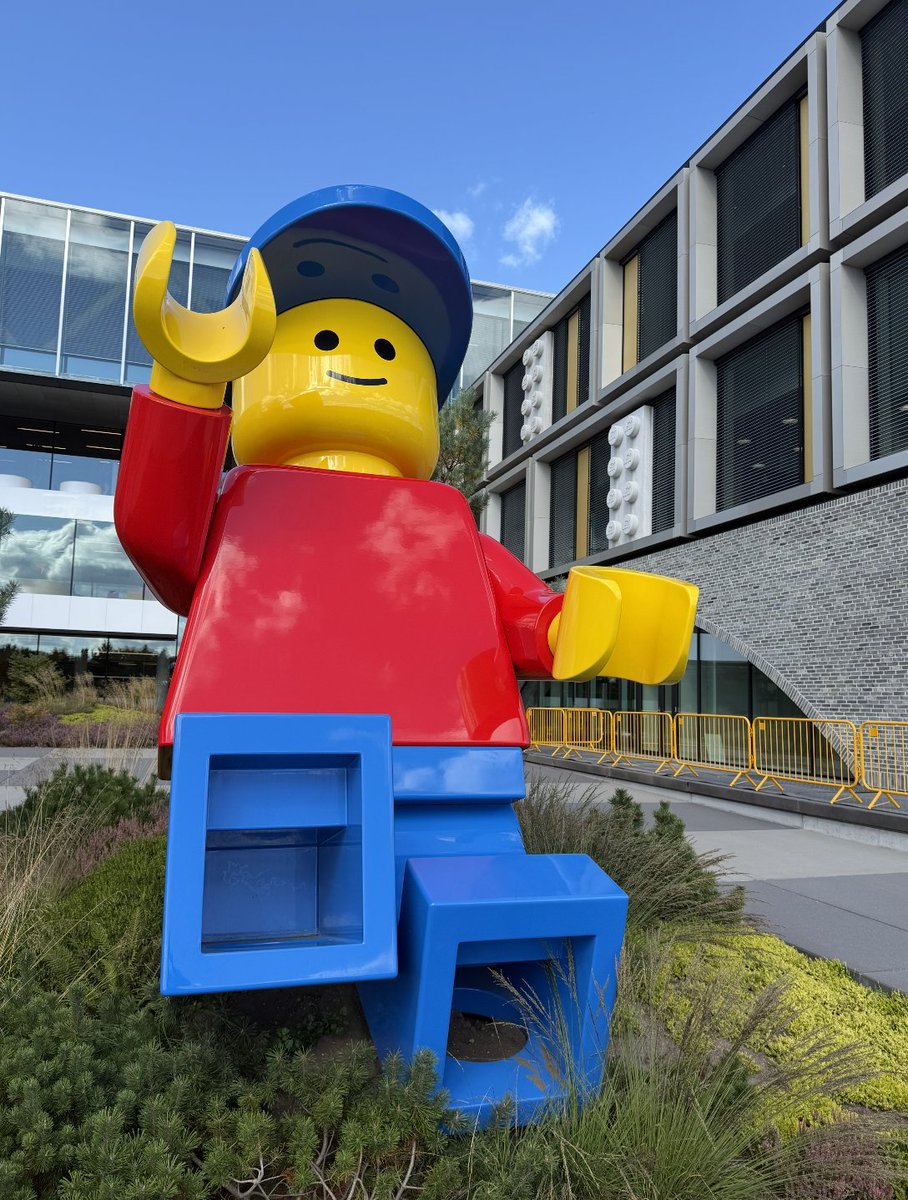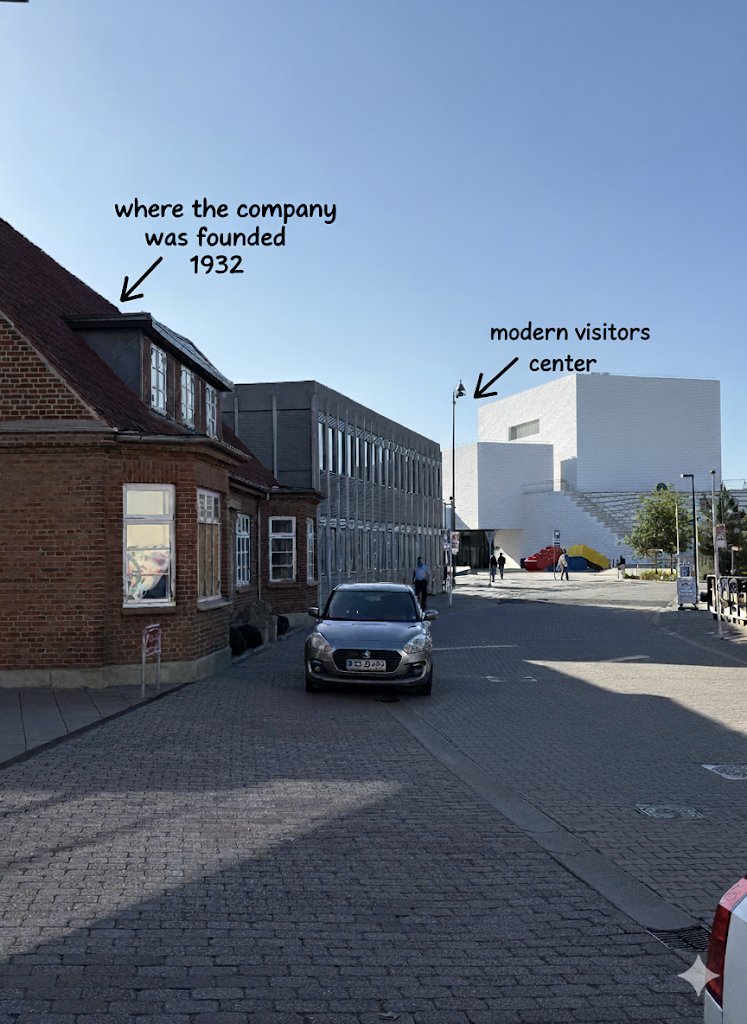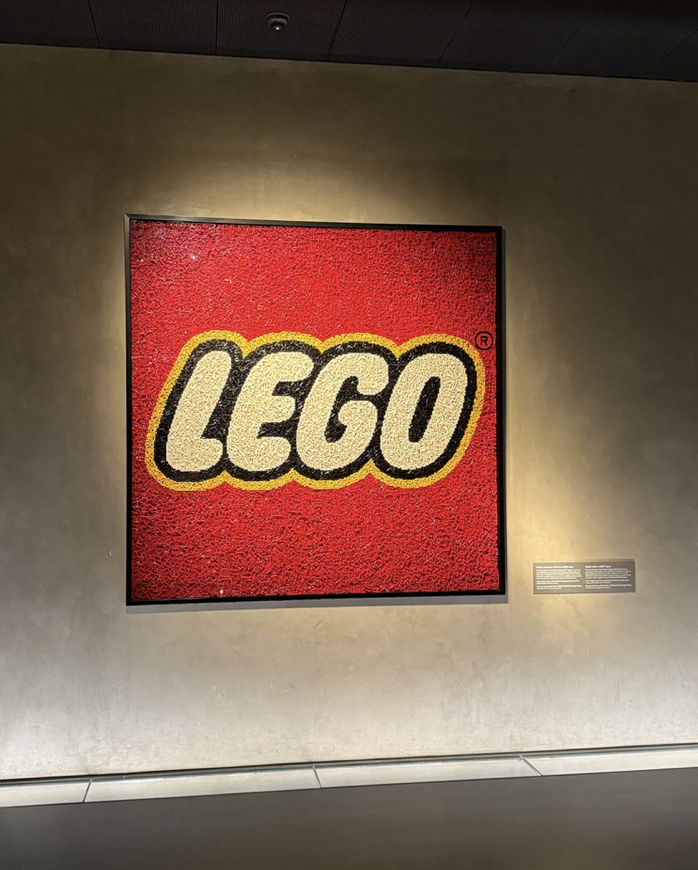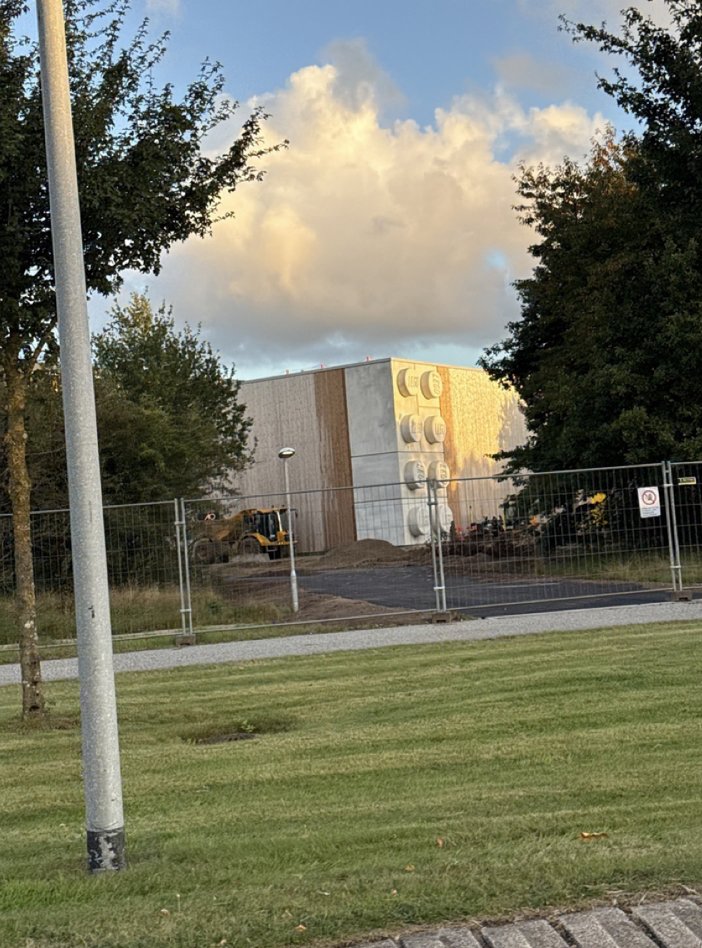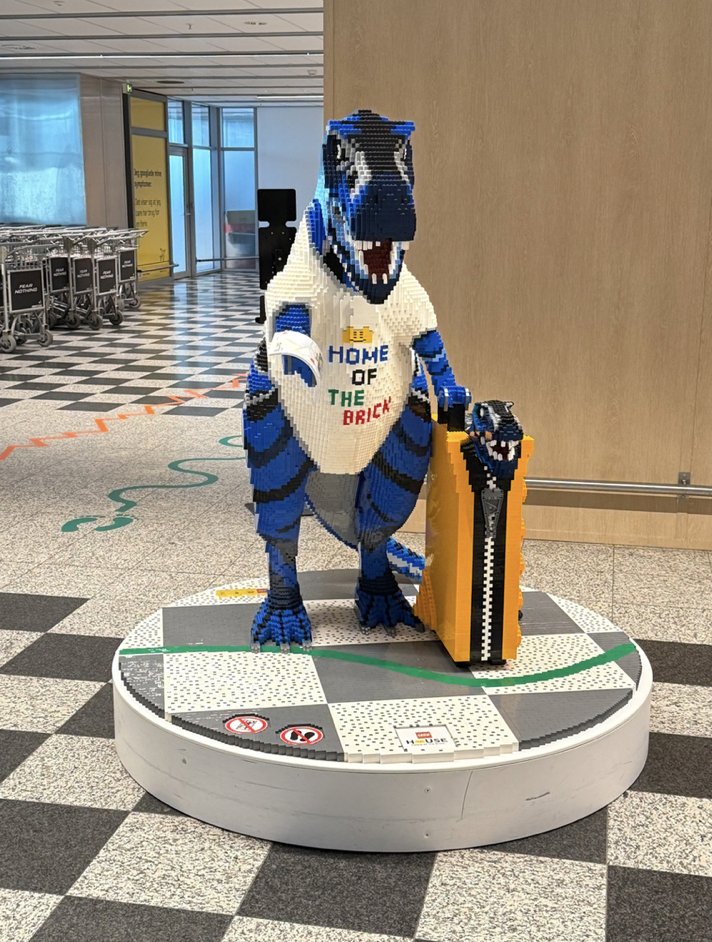I went to Olin College, a tiny engineering school outside Boston.
Olin was once the top engineering college in America, now its in free fall. The actions of the board and administration are unacceptable; Olin was a powerhouse, and it still can be.
Here's what's really going on
Olin was once the top engineering college in America, now its in free fall. The actions of the board and administration are unacceptable; Olin was a powerhouse, and it still can be.
Here's what's really going on

Olin was founded in 1997, fueled by a $460 million gift from the Olin Foundation, as an experimental hub for reimagining engineering education.
It championed hands-on, project-based learning. The approach worked, and scaled up at many top universities.
It championed hands-on, project-based learning. The approach worked, and scaled up at many top universities.
Olin decided to stay small, giving every student a full scholarship and housing, never expanding beyond a few hundred students.
Admissions selectivity soared, and the college quickly ranked among the top in the nation.
It was an incredible place.
Admissions selectivity soared, and the college quickly ranked among the top in the nation.
It was an incredible place.
I was fortunate to attend Olin for 2 years, which changed my life as it did for many others who have done incredible things in tech.
You may know some of them, from critical employees at OpenAI that pioneered the LLM, to the founders of many large venture backed companies
You may know some of them, from critical employees at OpenAI that pioneered the LLM, to the founders of many large venture backed companies
In July of this year, Olin reduced their scholarship from covering 51% of tuition to just $10,000 a year.
This is on top of a 50% cut made years ago ago in the wake of the Global Financial Crisis, when it was promised Olin would eventually cover 100% of tuition again.
This is on top of a 50% cut made years ago ago in the wake of the Global Financial Crisis, when it was promised Olin would eventually cover 100% of tuition again.

Information about the exact state of spending and the endowment has become noticeably sparse over the past few years.
The annual reports detail "financial challenges," but seem almost entirely written by ChatGPT.
For such a pressing issue, why is so little care taken?

The annual reports detail "financial challenges," but seem almost entirely written by ChatGPT.
For such a pressing issue, why is so little care taken?


I reached out hoping to understand the decision and make a significant financial contribution to ease the strain.
My emails and calls received no replies.
News of the scholarship change has never been widely disclosed, despite all the PR that celebrates it still going out.
My emails and calls received no replies.
News of the scholarship change has never been widely disclosed, despite all the PR that celebrates it still going out.

Weeks later, the curtain lifted on a big change:
Dr. Gilda Barabino, just the second president in the college's not-even-three-decade history, was stepping down just four years into her term.
Once again, this news was never disclosed to the public. Why?
Dr. Gilda Barabino, just the second president in the college's not-even-three-decade history, was stepping down just four years into her term.
Once again, this news was never disclosed to the public. Why?
With the scholarship gone and a president stepping down, students began to ask valid questions.
One student penned an open letter in the campus paper, requesting answers
They were threatened with disciplinary action if the letter wasn't removed in 24 hours. no answers given.
One student penned an open letter in the campus paper, requesting answers
They were threatened with disciplinary action if the letter wasn't removed in 24 hours. no answers given.

The cat was seemingly out of the bag, fearful that this news would leak more broadly they sent this to alumni, shamelessly defending their actions and demanding criticism stay behind closed doors.
Cosigned by the President and the Board Chair
Why choose to attack free speech?
Cosigned by the President and the Board Chair
Why choose to attack free speech?

Why is the board and administration so afraid of public disclosure of the truth?
Why have they routinely silenced calls for accountability and threatened students who spoke up?
Why is the removal of the scholarship and resignation of the President missing from any public news?
Why have they routinely silenced calls for accountability and threatened students who spoke up?
Why is the removal of the scholarship and resignation of the President missing from any public news?
It's possible these questions have reasonable answers.
However, with a pattern of threatening students for exercising free speech, delaying and suppressing disclosure, and circling the wagons around a failing admin, a good outcome is increasingly hard to imagine.
However, with a pattern of threatening students for exercising free speech, delaying and suppressing disclosure, and circling the wagons around a failing admin, a good outcome is increasingly hard to imagine.
Olin can be fixed.
I have had a team working on a recovery plan for months, the solution is simple -- stop the bleeding, get back to basics, and cut admin overhead.
You can return Olin to full scholarship within 10 years without outside dollars if you're smart and aggressive

I have had a team working on a recovery plan for months, the solution is simple -- stop the bleeding, get back to basics, and cut admin overhead.
You can return Olin to full scholarship within 10 years without outside dollars if you're smart and aggressive


Other alumni are organizing efforts as well, but, like mine, their calls are ignored. The administration prefers to fail privately rather than admit their path is unsustainable.
To save the institution, we need transparency and the resignation of those responsible.
To save the institution, we need transparency and the resignation of those responsible.
• • •
Missing some Tweet in this thread? You can try to
force a refresh



